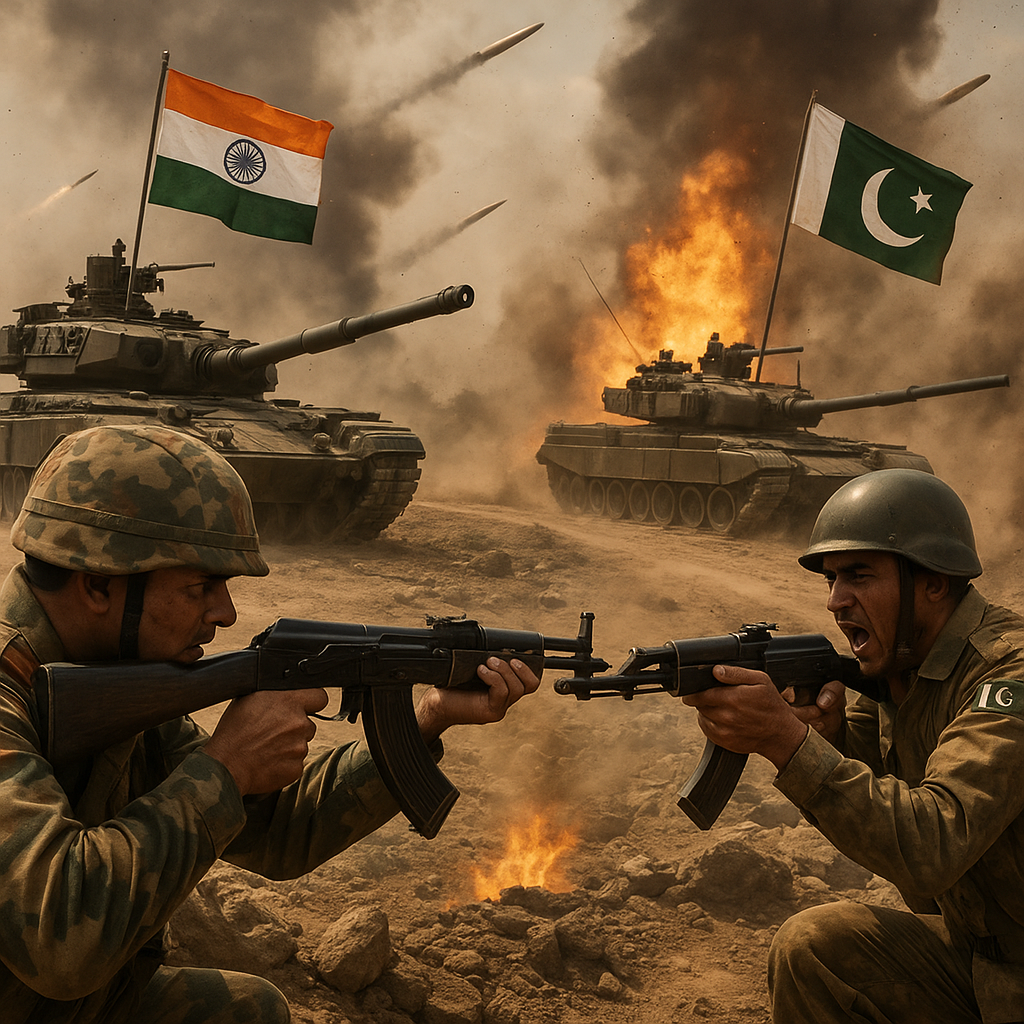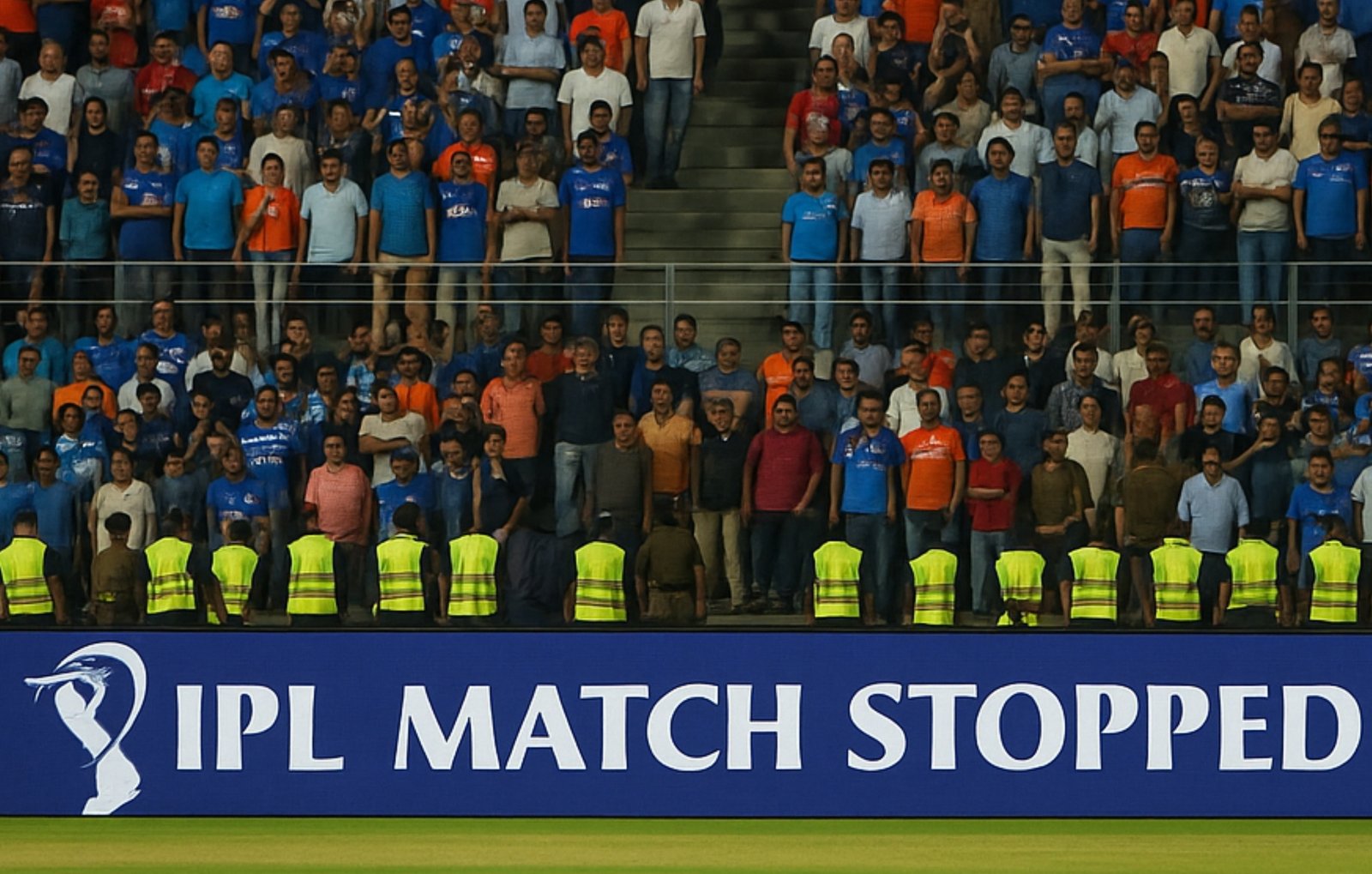The Evolving India-Pakistan Conflict
Tensions between India and Pakistan have flared once again, pushing both nations closer to a potential military confrontation. This long-standing conflict, deeply rooted in historical, territorial, and political disagreements—particularly over Jammu and Kashmir—has entered a new phase with recent developments.
Triggers Behind the Escalation
The latest skirmish erupted along the Line of Control (LoC), with both sides trading accusations of initiating cross-border shelling. The violence has led to casualties among civilians and military personnel, further straining relations. Political leaders in New Delhi and Islamabad have adopted a hardened stance, each accusing the other of endangering regional peace.
Military Posturing
India has reportedly intensified counter-insurgency operations in Kashmir, focusing on militant groups believed to have cross-border links. In response, Pakistan has reinforced its troop presence near the LoC, citing the need to defend its territorial integrity. Both nations have engaged in military exercises, signaling their readiness for a potential escalation.
Impact on Civilians
Amid the hostilities, civilians living near the border are enduring significant hardships. Many families have been evacuated, leaving behind their homes and livelihoods. The humanitarian crisis continues to grow, with limited access to basic necessities and no clear resolution in sight for the displaced.
Global Response
The international community has called for calm, urging both nations to exercise restraint. While the United Nations has emphasized dialogue as the path forward, meaningful negotiations remain elusive due to entrenched positions on both sides.
The Way Ahead
This ongoing conflict highlights the urgent need for de-escalation and open dialogue. Both India and Pakistan must prioritize the safety and well-being of their citizens, acknowledging that prolonged hostilities will only deepen the economic and humanitarian crises. Addressing the Kashmir dispute, a core issue, is essential for achieving lasting peace.
The path forward remains uncertain, but hope for stability lies in the willingness of both nations to engage in constructive discussions. Breaking the cycle of violence is imperative for a peaceful and prosperous South Asia.

